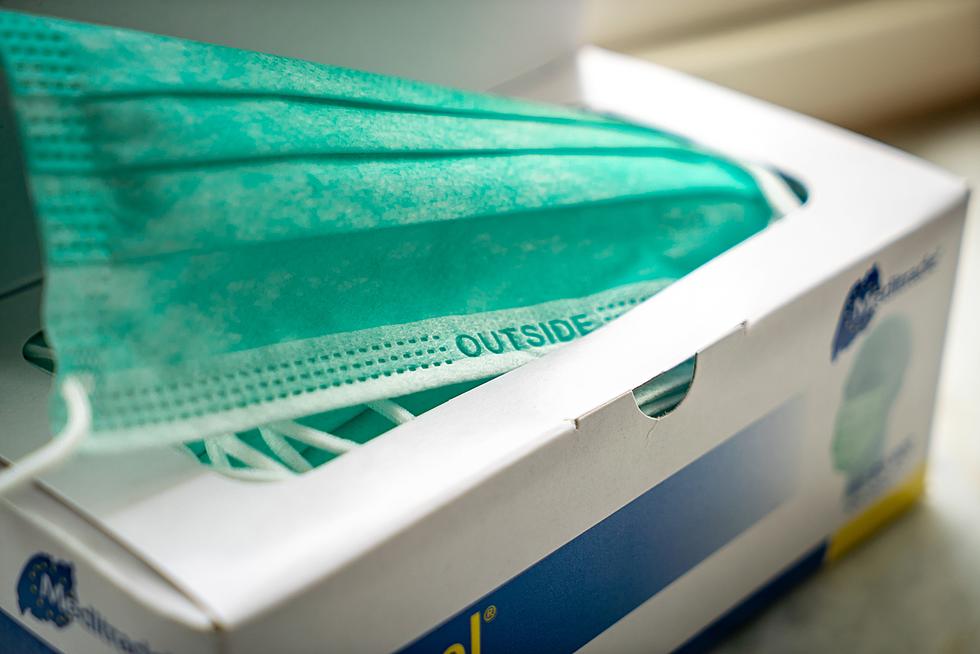
RSV On the Rise Among Michigan Kids: Here’s How to Keep Them Healthy
If you are a parent with school-aged children, you may know RSV a little better than one would like. For those who are not parents, you may very well have no idea what it even is.
Take it from someone who, with no children of their own, grew up with a Labor and Delivery nurse for a mother and has a niece and nephew who have just recently gone through a bout of this nasty bug.
RSV is no joke and unfortunately, it is on the rise here as Michigan Department of Health and Human Services (MDHHS) sees more and more cases.

What is RSV?
Per the CDC, RSV is also known as "Respiratory Syncytial (sin-SISH-uhl) Virus." It is a respiratory virus they say is fairly common and can cause "mild, cold-like symptoms" but can be more serious among infants and older adults.
"RSV is the most common cause of bronchiolitis (inflammation of the small airways in the lung) and pneumonia (infection of the lungs) in children younger than 1 year of age in the United States," the CDC states.
How RSV is on the Rise in Michigan
While we thought that one virus we've been hearing about nonstop since March of 2020 was the only one to really worry about, there are still plenty of others being transmitted from day-to-day.
That's why FOX 47 News consulted some experts like Dr. Natasha Bagdasarian, the chief medical executive for MDHHS. She says that the state has been seeing more cases of RSV so far into 2021 than in 2020.
Of course, with all the restrictions and mandates in place due to COVID-19 last year, it would make sense that other viruses would also see decreased transmission.
"With kids back in school, back in preschool, back in daycare, the interaction between them, the particles are spreading and that's why we're seeing it," Dr. Jasper Gill, chief medical officer at Central City Integrated Health also told FOX 47.
RSV Symptoms, Care & Prevention
Kids come home from school with all sorts of crud they may have picked up from the other kiddos. Of course, though, that means they can easily spread that to the rest of the home.
That's what happened with my nephew who brought RSV home to the whole family from preschool. My sister in law actually said this is the third time he's brought something home and gotten the whole house sick since school started.
The best way to act quickly if you suspect your child may have or has brought home RSV with them is to know the symptoms.
FOX 47 lists the most basic and easily recognizable ones as: "runny nose, coughing, sneezing, fever, and wheezing (usually appearing in stages). CLICK HERE for more specifics from the CDC.
Ideally, preventing the transmission of RSV is similar to how we have been trying to prevent the spread of any other virus such as the flu or COVID-19...DISINFECT EVERYTHING. From your hands, to surfaces, and more. Also avoid sick people.
If you think your child has RSV it is best to get them checked out by a doctor and especially, with infants, monitor their breathing.
KEEP READING: What were the most popular baby names from the past 100 years?
More From 1240 WJIM AM









